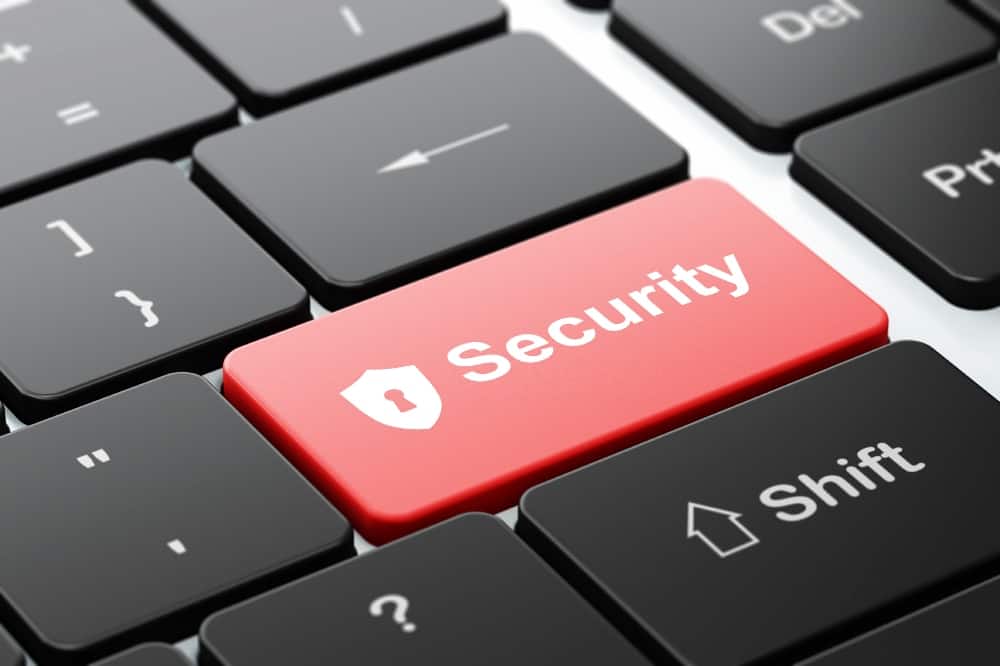
It’s almost impossible to make it through a day without access the internet, but is your personal information at risk when you do? While there are viruses and hackers in the world, most people can stay safe if they follow a few key security measures.
Here are 5 crucial tips for keeping yourself safe online:
Create Secure Passwords
You’ve probably heard it countless times before but we’re going to tell you again to use secure passwords. Variety is what is important here. Think capital letters, lowercase letters, numbers and symbols. You should never use the same password on multiple sites. It makes it easier for hackers to access your personal information. If you have trouble remember your passwords, use a password manager such as LastPass or 1Password to manage and remember them for you.
Use a Popup Blocker
Those obnoxious popups won’t only you drive you crazy, they can infect your computer and steal your information. To keep yourself safe and the insanity at bay use a popup blocker software or browser extension. Many browsers have a built in popup blocker you can turn on in your settings. Generally most popup blockers will alert you when a popup has been blocked and give you the option to override and open the popup. This is helpful because some websites will open new tabs or windows when you click to submit information or make a purchase. Nine times out of ten, you don’t need to see popups.
Browse on a Secure Network
WiFi is readily available but it’s not always secure. If you aren’t required to enter a password to access the WiFi (we see you Starbucks) then it is not a secure network and your information may be at risk. When you browse on an unprotected network you’re basically putting your information out in plain sight. Anyone else who is connected to the open network you’re on can easily gain access to your computer. So stay safe and don’t browse in public.
Keep Personal Information Safe
Common sense is key to internet safety. Never give your personal information (bank accounts, social security number, birthday) to an unknown site or a popup. If something pops up (or if someone calls you) asking for your information leave quickly. You should only provide sensitive information when you are initiating the transfer on a secure site, such as your bank’s website, while connected to a secure network, such as your password protected network at home.
Update Software
Hackers and spammers know how to find weakness and out of date software is one of the most common ones. Turn on auto update features on your operating system, browser, antivirus software and Adobe Flash, to name a few. Keeping software updated will help keep you safe from attacks.
If you have additional questions about internet security or need help updating software, installing software and more, reach out today!